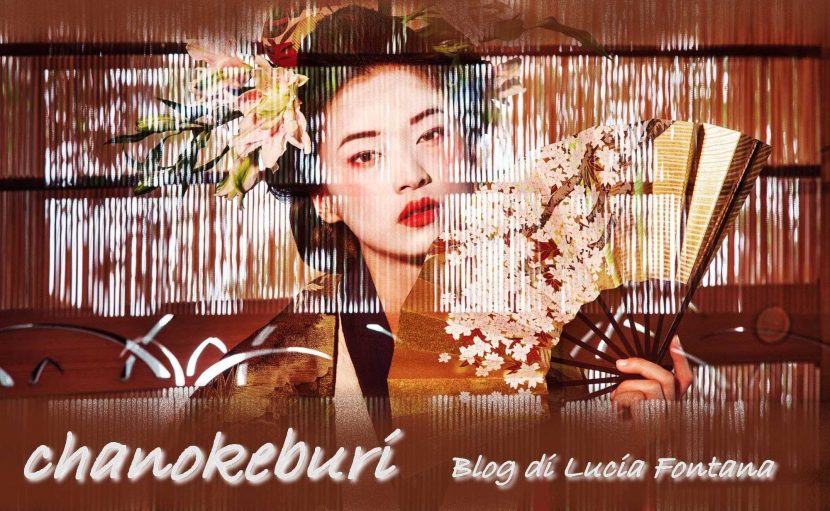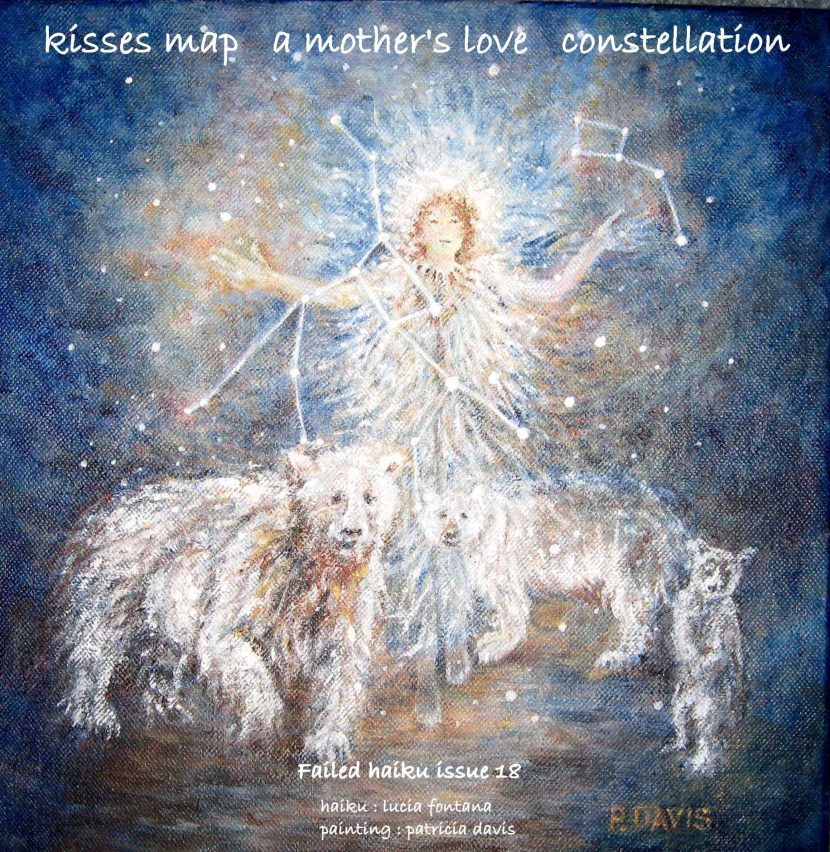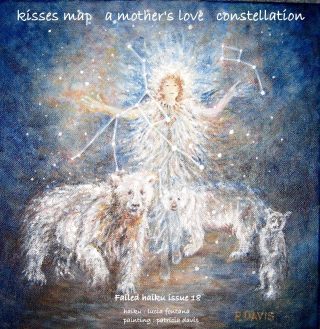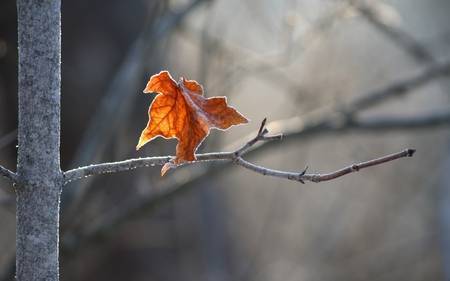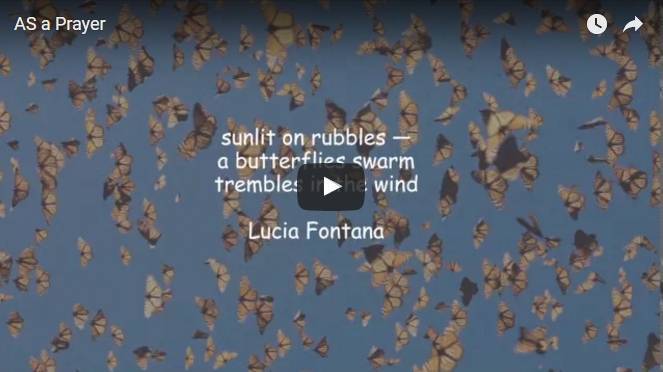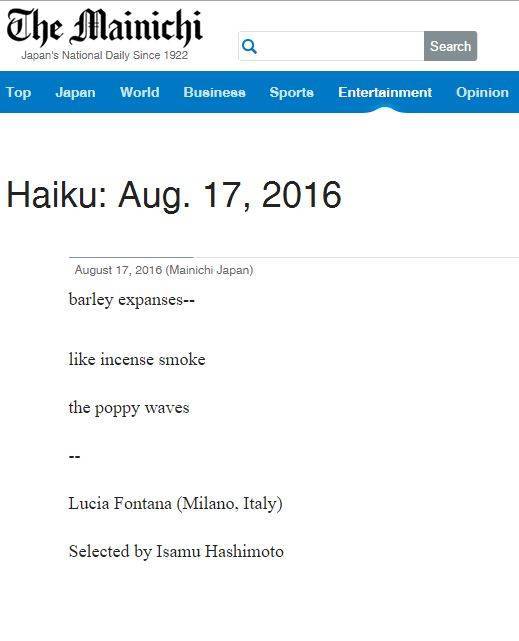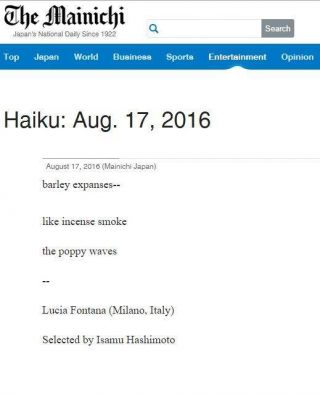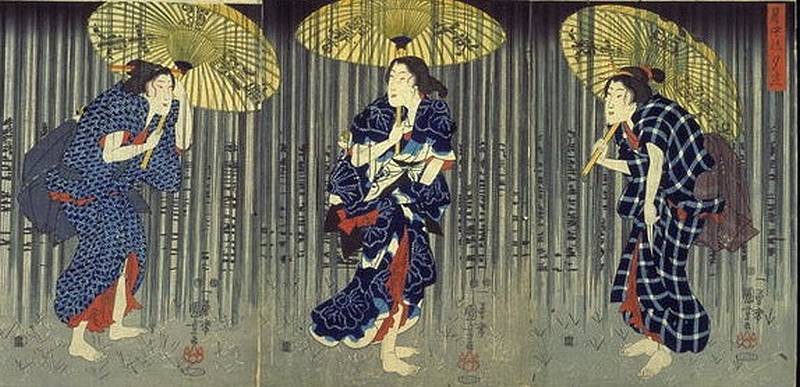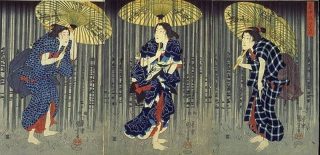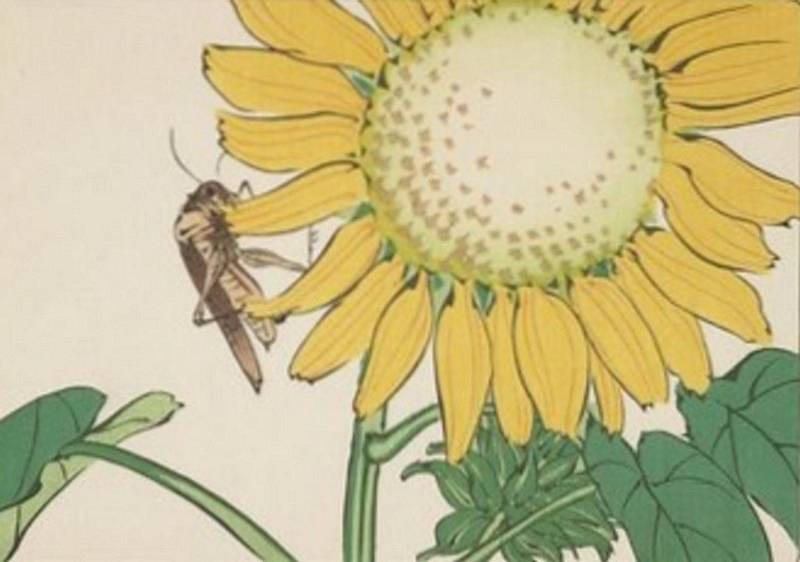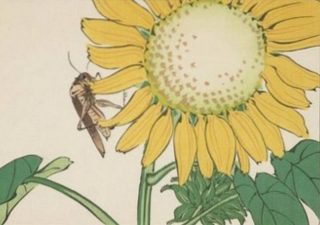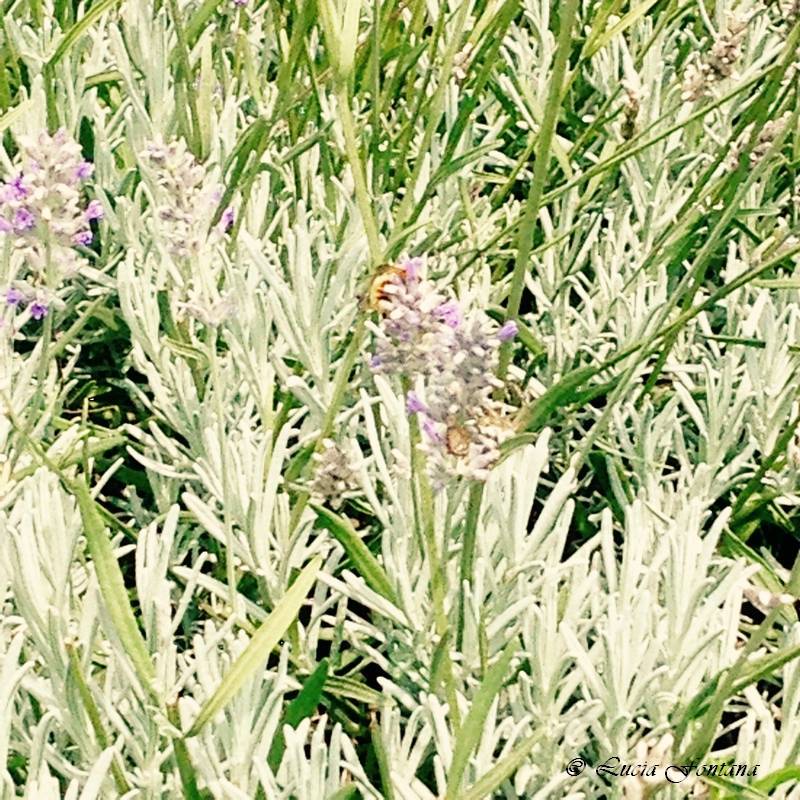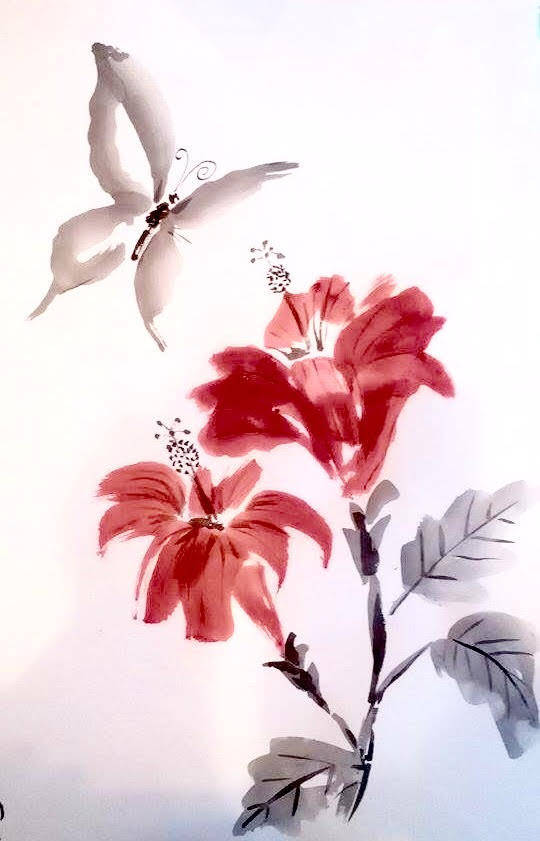Lucia Fontana presenta : Fukushima ふくしま di Nagase Tōgo 永瀬十悟
The following are twenty-five of fifty haiku from a collection by Nagase Tōgo that won Japan’s Kadokawa Haiku Award in 2011. See the Japanese announcement of this award in the Asahi Shimbun. Translations first published in Modern Haiku 43:2, Summer 2012, pages 71 to 76. Selected poems also appear, with a brief introduction, on the Haiku International Association website.
Ciò che segue sono venticinque haiku da una collezione di cinquanta tratti dalla raccolta di Nagase Tōgo che nel 2011 vinse il premio Haiku Kadokawa del Giappone. L’annuncio del premio è visibile nel link Asahi Shimbun. Traduzioni inizialmente pubblicate in. Modern Haiku 43:2, Estate 2012, pag 71 a 76. Con una breve introduzione i poemi selezionati sono anche apparsi sul sito della Haiku International Association .
Nagase Tōgo 永瀬十悟
Fukushima ふくしま
2011 Kadokawa Haiku Award 2011 年角川俳句大賞
translated by Emiko Miyashita and Michael Dylan Welch
Translations In italian by Lucia Fontana
~
激震や水仙に飛ぶ屋根瓦
gekishin ya suisen ni tobu yanegawara
severe earthquake —
roof tiles flying
to the narcissus
severo terremoto —
le tegole dei tetti volando
fino al narciso
~
打ち続くなゐのハンマー砂あらし
uchitsuzuku nai no hanmā sunaarashi
the endless hammering
of earthquakes —
sand storm
l’infinito martellare
del terremoto —
tempesta di sabbia
~
凍返る救援のヘリ加速せよ
itekaeru kyūen no heri kasoku seyo
freezing cold —
rescue helicopter,
hurry up, hurry up
freddo glaciale —
elicottero di salvataggio,
fai presto, fai presto
~
無事ですと電話つながる夜の椿
buji desu to denwa tsunagaru yo no tsubaki
I’m alive, talking
on the reconnected phone . . .
night camellia
sono vivo, parlando
al telefono riconnesso . . .
camelia notturna
~
淡雪や給水の列角曲がる
awayuki ya kyūsui no retsu kado magaru
light snow —
a queue for drinking water
bends at the corner
neve leggera —
una coda per bere l’acqua
svolta all’angolo
~
戻らない子猫よ放射線降る夜
modoranai koneko yo hōshasen furu yo
the kitten still missing . . .
the fallout
into the night
manca ancora la gattina . . .
la pioggia radioattiva
dentro la notte
~
産土を汚すのはなに梅真白
ubusuna o kegasu no wa nani ume mashiro
what is violating
our guardian deity?
pure white plum blossoms
cosa sta violando
il guardiano degli dei ?
il bianco assoluto dei bocci di susino
~
燕来て人消える街被爆中
tsubame kite hito kieru machi hibakuchū
swallows arrive
and people disappear from the town
radiation exposure
arrivo delle rondini
e la gente scompare dalla città
esposizione radioattiva
~
大なゐの後の春泥生臭し
ōnai no ato no shundei namagusashi
after the earthquake
the spring mud smells
fishy
dopo il terremoto
il fango di primavera odora
di pesce marcio
~
ちちははの墓石は無事牡丹の芽
chichihaha no hakaishi wa buji botan no me
father and mother’s
tombstone is intact —
buds on a peony
la làpide intatta
di mamma e papà —
gemme di peonia
~
県境にとどまる宅急便と春
kenkyō ni todomaru takkyūbin to haru
at the prefecture border
delivery trucks and spring
waiting
ai margini della prefettura
i camion delle consegne e la primavera
aspettando
~
パンジーに水遣り忘れ震災後
panjī ni mizu yariwasure shinsaigo
forgotten to water
the pansies . . .
after the disaster
non più annaffiate
le viole del pensiero . . .
dopo il disastro
~
流されてもうないはずの橋朧
nagasarete mō naihazu no hashi oboro
washed away
the bridge that is no longer there
in the mist
spazzato via
il ponte che là non c’è più
nella foschia
~
春の月家は余震に耐へてをり
haru no tsuki ie wa yoshin ni taete ori
spring moon —
our house is bearing
the aftershock
luna di primavera —
la nostra casa sta sopportando
le scosse d’assestamento
~
残る子と避難する子と花種蒔く
nokoruko to hinansuruko to hanadane maku
a child remaining
a child leaving
we sow flower seeds together
un bimbo resta
un bimbo se ne va
seminiamo semi di fiori insieme
~
復旧の貨車三十輌梨の花
fukkyū no kasha sanjūryō nashi no hana
thirty cars
in the restored supply train —
pear blossoms
trenta vetture
nel treno dei soccorsi riparato —
gemme di un pero
~
誰も居ぬ花の校庭放射線
dare mo inu hana no kōtei hōshasen
an empty schoolyard
surrounded by cherry blossoms
radioactive rays
cortile di una scuola vuoto
cinto da boccioli di ciliegio
raggi radioattivi
~
しやぼん玉見えぬ恐怖を子に残すな
shabondama mienu kyōfu o ko ni nokosuna
soap bubbles . . .
don’t pass on the invisible fear
to our children
bolle di sapone . . .
non trasmettere la paura invisibile
ai nostri bambini
~
蜂笑ふ手に負へぬもの飼うべからず
hachi warau te ni oenu mono kau bekarazu
a bee smiles
never keep anything
you cannot handle
sorride un’ape
non prendere mai nulla
che non puoi prendere in mano
~
避難所に春来るキャッチボールかな
hinanjo ni haru kuru kyatchbōru kana
spring comes
to a refugee camp . . .
playing catch
la primavera arriva
al campo dei rifugiati . . .
giocare a rincorrersi
~
風評の苺せつなき甘さかな
fūhyō no ichigo setsunaki amasa kana
rumors of contamination
the strawberry’s
painful sweetness
voci di contaminazione
la dolcezza delle fragole
piena di paura
~
牡丹園瓦礫置場となつてをり
botanen garekiokiba to natte ori
the peony garden
has become a depository
for debris
il giardino di peonie
è diventato un deposito
di detriti
~
仕事場の更地となりぬ柿若葉
shigotoba no sarachi to narinu kakiwakaba
my workplace
becomes an empty lot
persimmons in young leaves
il mio posto di lavoro
diventa un lotto vuoto
giovani foglie di caki
~
みごもるといふ知らせあり虹かかる
migomoru to iu shirase ari niji kakaru
news of her pregnancy
the rainbow
hangs in the air
notizie della sua gravidanza
l’arcobaleno
appeso nell’aria
~
山河青し沈黙の声聴きにゆく
sanga aoshi chinmoku no koe kiki ni yuku
mountains and rivers
so green, I go to listen
to the voice of silence
fiumi e montagne
così verdi, vado ad ascoltare
la voce del silenzio
~
From :
http://www.graceguts.com/translations/fukushima
http://www.haiku-hia.com/about_haiku/poets_en/
Granted permission by Michael Dylan Welch
Utagawa Hiroshige, Fukushima, c. 1834 – 1842


